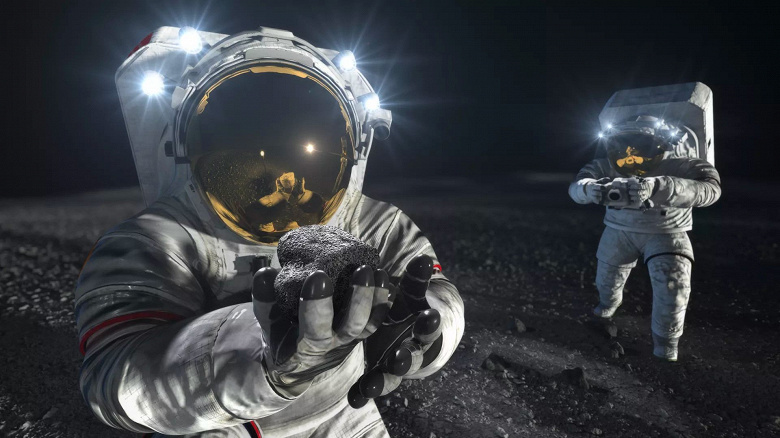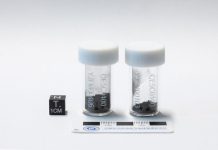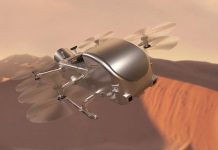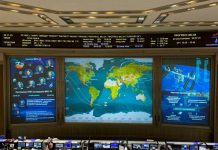“In order for astronauts to safely go on space missions, we need to understand how their immune systems are affected.”
As a new era of manned space exploration approaches, with extended missions to the Moon and Mars planned for decades to come, scientists are looking closely at how space can affect astronauts’ immune systems.
A team from the Corolink Institute (Sweden) studied how microgravity experienced by space travelers can affect T cells. The T cell is a type of lymphocyte, a white blood cell that plays a key role in fighting disease.
The results of the study may help explain why the changes that occur in astronauts’ T cells in space may persist when they return to Earth. Long-term changes could cause T cells to become less active and less effective at fighting infections, leaving astronauts vulnerable to re-infection with latent viruses.
So, NASA is already looking to the future, including lunar and even Martian missions. The Artemis-3 mission is expected to send a crew to the Moon in 2025. And this is a hit, according to the agency, which will possibly lead people to the surface of Mars as early as the 2030s.

Astronauts’ immune systems may be destroyed by microgravity
“In order for astronauts to safely go on space missions, we need to understand how their immune system is affected and try to find ways to cope with negative changes. We were able to study what happens to T cells, which are a key component of the immune system, when they are exposed to weightlessness,” said Lisa Westerberg, study leader and principal investigator at the Corolink Institute, Department of Microbiology, Tumors and Cell Biology.
Instead of experimenting in space, Westerberg and the team brought some of the space environment back to Earth. They used a special water bed that tricks the body into thinking it is in a weightless state.
Eight healthy volunteers took part in the experiment lasting 3 weeks. The researchers analyzed the blood of volunteers at different time intervals: before the start of the experiment, then 7, 14 and 21 days after the start of the experiment, and finally a week after it ended.
They found that the subjects’ T cells changed, essentially changing in “gene expression,” that is, turning genes on or off. Such gene expression changed significantly already after 7 and 14 days of weightlessness, but the most significant changes occurred after 14 days.
The genes of the T cells also appeared to be more “immature” during the experiment, behaving as if they had not yet encountered viruses or other diseases. And this may have negative health consequences in the future.
“T cells were beginning to resemble so-called naive T cells that had not yet faced attacks on the immune system. This could mean they take longer to activate and become less effective in fighting tumors and infections,” said Carlos Gallardo Dodd, co-author of the study.
Remarkably in this study, after 21 days of exposure to microgravity, the subjects’ T cells seemed to adapt to weightlessness, and gene expression in the cells returned to nearly normal levels. However, 7 days after the end of the experiment, some of the original changes in gene expression caused by weightlessness actually returned.




